20 December 2019
VACCA welcomes the first Progress Report of the Royal Commission into Violence, Abuse, Neglect and Exploitation of People with a Disability released today, especially its intention to “embed First Nation issues in all areas of [its] work”.
The Royal Commission’s Progress Report details its plans for 2020 including Terms of Reference that “direct us to pay particular attention to the experiences of First Nations people with disability”.
To ensure this, they will be conducting a hearing in the Northern Territory from 18 May 2020 to hear directly from First Nations people with disability about their experiences of violence, abuse, neglect and exploitation.
In the first Progress Report released today, the Royal Commission says the following in regards to First Nations people:
“We know that there is a substantially higher proportion of First Nations people with disability compared to the non-Indigenous population. Because of this, the approach the Royal Commission is taking is to embed First Nations issues in all areas of our work. This means that on every issue we consider, First Nations people with disability concerns are a paramount consideration.
The Royal Commission will engage with First Nations communities and organisations across Australia during the life of the Royal Commission. The principle of listening and hearing directly from First Nations people with disability and other people who are working to make communities and organisations more inclusive is core to our work.
The Royal Commission has established a First Nations People Strategic Advisory Group. This body is an expert panel of 7 First Nations representatives who will provide leadership and direction on matters specific to First Nations people with disability.
We are also finalising the First Nations engagement strategy, which will be published on the Royal Commission website in early 2020. This is being developed through consultation with key First Nations stakeholders. An essential component of our work is to ensure a strong evidence base and data driven approach to inform our engagements and to ensure we are engaging with jurisdictions and communities that have high percentages of First Nations people with disability. The Royal Commission has engaged 4 Indigenous engagement officers to support our engagement work with First Nations people.”
In regards to First Nations people consultation workshops, the report states:
“The Royal Commission held 2 First Nations people consultation workshops in Sydney and Darwin on 6 August 2019 and 15 August 2019 respectively. The main purpose of these workshops was to hear the stories, insights and proposals for change from First Nations people with disability. Participants raised concerns about:
- institutional racism within the health system, and the lack of services in remote settings for First Nations people with disability and
- education for First Nations children with disability, especially concerns that the needs of First Nations children with cognitive impairments are often not met throughout school due to the misperception that certain behaviours are a disciplinary matter.
Participants in both workshops emphasised the critical importance of member-led First Nations organisations leading services and support to First Nations people with disability at the local and regional level.”
Read the First Progress Report here: PDF version / DOCX version
For more information go to the Royal Commission website at https://disability.royalcommission.gov.au/Pages/default.aspx


